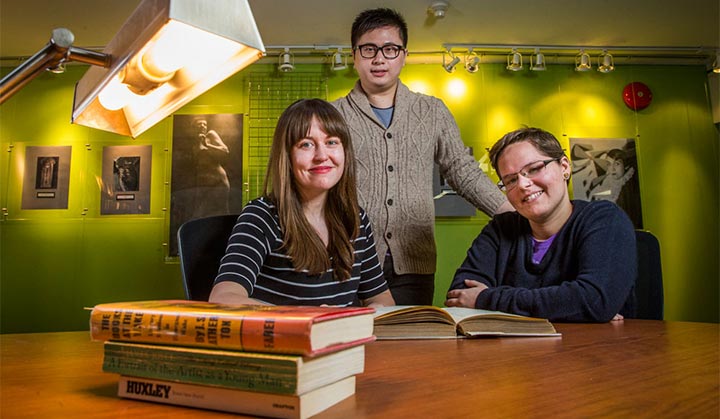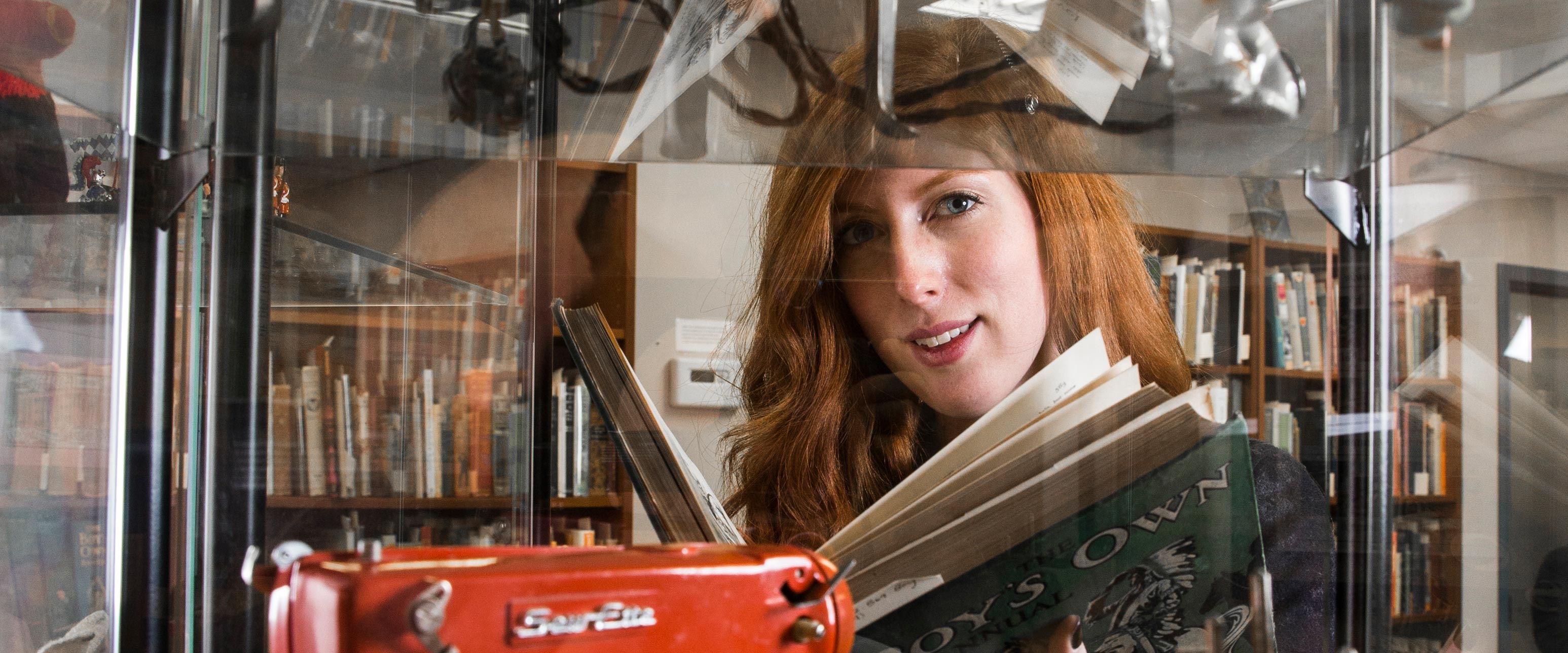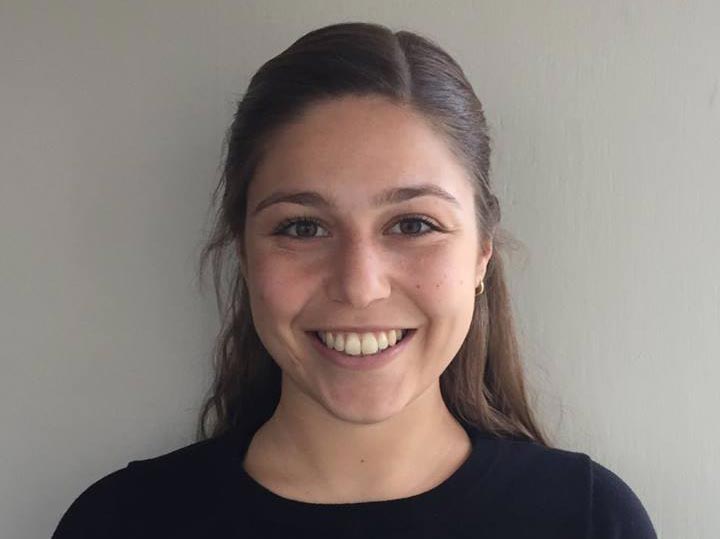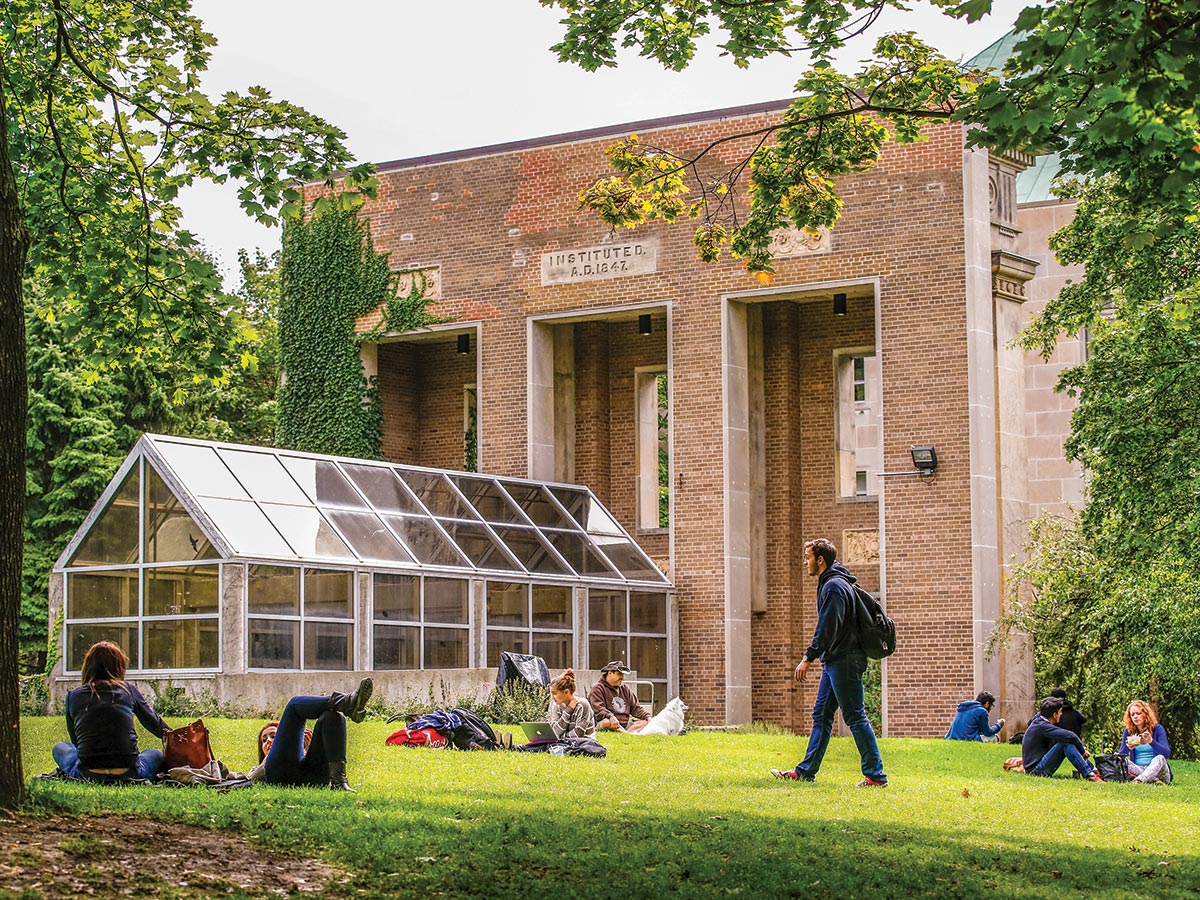Literatures of Modernity (MA)
Part of the Faculty of Arts

Format: Full-time
Degree Earned: Master of Arts
Located in Toronto’s vibrant core, this one-year English MA affords students diverse learning opportunities. Innovative courses investigate modernity in literature from cultural, historical, and global settings. Students can pursue a major research paper, work as a teaching or research assistant, and complete a placement at a literary or cultural institution. Graduates have completed PhD studies worldwide, and work in fields such as writing, publishing, and teaching.

MA
- Completion of a four-year undergraduate (or equivalent) degree from an accredited institution
- Minimum GPA or equivalent of 3.00/4.33 (B) in the last two years of study
- Statement of interest
- Resumé/CV
- Transcripts
- Two letters of recommendation
- Sample of work
- English language proficiency requirement
More information on admission requirements. Due to the competitive nature of our programs, it is not possible to offer admission to everyone who applies that meets the minimum entrance requirements for the program.
Students are encouraged to submit applications prior to the first consideration date to increase their chances of securing financial support for their graduate studies. Applications received after the first consideration date will be accepted and reviewed based on spaces remaining in the program.
See application dates.
For detailed graduate tuition and fees information please visit Fees by Program.
For information on scholarships, awards and financing your graduate studies visit Financing Your Studies.
- Literatures and Cultures from the 16th Century to the Present
- Critical Theory and Genre Studies
- Creative Writing, Rhetoric, and Poetics
- Digital Humanities, Technology, and Urban Studies
- Film, Visual Culture, and Popular Culture
- Diasporic Modernities
- Digital Publishing
- Genders, Sexualities, and Humans
- Modernism and Auto/Biography
- Modernity and the Visual: Image and Text
- Rise of Children’s Literature
- Unreal Cities
- Centre for Digital Humanities
- Children’s Literature Archive
- Modern Literature and Culture Research Centre
- White Wall Review Creative Writing Journal and Reading Series
Graduate Admissions
Admissions information and how to apply
Graduate Studies Admissions Office
11th Floor, 1 Dundas Street West
Toronto, ON
Telephone: 416-979-5150
Email: gradhelp@torontomu.ca
For information specific to programs, please see the program contact information below.
Program Contacts
Dr. Jason Boyd
Graduate Program Director
PhD, University of Toronto
Research areas: Digital Humanities, Digital Literature, Game Studies, Queer Studies, Digital Editing and Text Analysis, Biography and Digital Lives, Queer Digital Humanities, Playable Stories
Telephone: 416-979-5000 ext. 557509
Email: jason.boyd@torontomu.ca
Lisa Benadiba
Graduate Program Administrator
Telephone: 416-979-5000 ext. 552125
Email: literature@torontomu.ca
“Coming from the U.K., I’ve loved studying literature and different media in the heart of Toronto’s dynamic creative and cultural scene. We’re a small, dedicated group of students, and I’ve made great friendships and had incredible support from teachers who have pushed me to grow as a researcher, and to apply successfully for PhD study.”
 (external link)
(external link)
Student Profile (external link)
The program's practicum option helped Adriana Sgromo (literatures of modernity MA alumna) become involved in the arts community and develop practical skills.

Once you’ve made an informed choice about which program(s) you are going to apply to, preparing your application requires careful research and planning.
Funding
At Toronto Metropolitan University, we understand that pursuing graduate studies is a significant financial investment. Funding comes from a combination of employment contracts (as a teaching assistant), scholarships, awards and stipends. There are a number of additional funding sources – internal and external – available to graduate students that can increase these funding levels.
Research
As an urban innovation university, Toronto Metropolitan University offers 60+ cutting-edge, career-oriented graduate programs, as well as 125+ research centres, institutes and labs, in a wide range of disciplines. Our close connections with industry, government and community partners provide opportunities to apply your knowledge to real-world challenges and make a difference.
